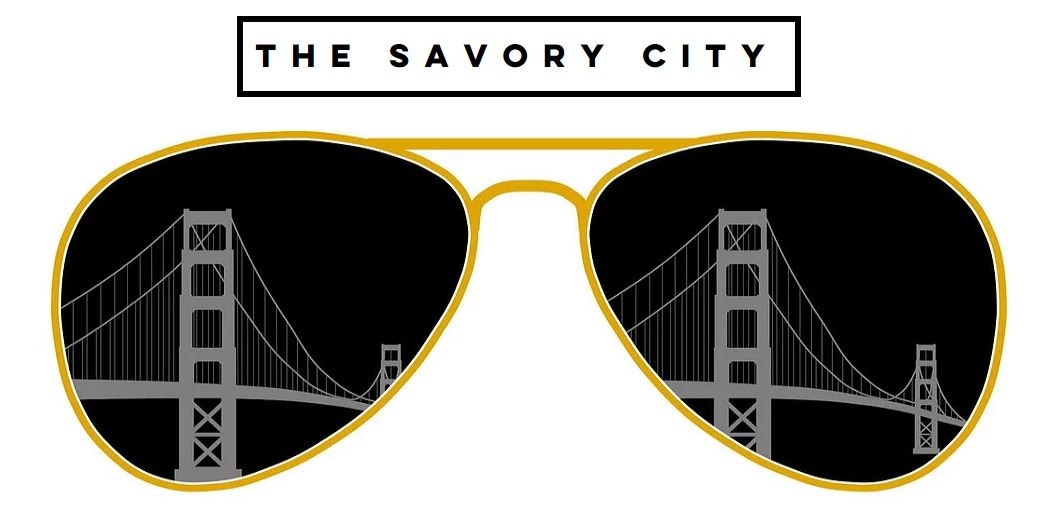One of my favorite parts about studying at Oxford is all the old books I get to check out from the libraries. After passing through the hands of generation after generation of students through the years, each book takes on a unique character. The most-read books are often dog-eared, underlined, highlighted, and annotated. Of course, all of this is strictly prohibited by the libraries, but that doesn't stop some people.
What I love most about these old books are what I call "margin note wars," which are basically the margin notes of one student, followed by comments and replies by others. In Oxford it seems like everyone has a strong opinion and every subject and text. Naturally some people feel the need to assert their opinions and jot them in right next to the text.
This week I'm reading literary criticism on Virginia Woolf's To the Lighthouse [an interesting read that I'd gladly recommend to anyone with a spare afternoon]. One of the books is published by the Chicago University Press, and so it describes the light from the lighthouse as giving "direction to the traveler." Now for anyone who may be unaware that there are two different ways to spell the word traveler/traveller, now you know. The American 'traveler' and the English 'traveller' are the same thing, but as with any vocabulary/spelling difference in American/English usage, there is a heated and rather absurd debate as to which usage is 'correct'.
To return to the story, someone had drawn an arrow from the word 'traveler' in my book to his or her margin note. To my delight, two others have responded to the comment. Here's what the three of them wrote:
What I love most about these old books are what I call "margin note wars," which are basically the margin notes of one student, followed by comments and replies by others. In Oxford it seems like everyone has a strong opinion and every subject and text. Naturally some people feel the need to assert their opinions and jot them in right next to the text.
This week I'm reading literary criticism on Virginia Woolf's To the Lighthouse [an interesting read that I'd gladly recommend to anyone with a spare afternoon]. One of the books is published by the Chicago University Press, and so it describes the light from the lighthouse as giving "direction to the traveler." Now for anyone who may be unaware that there are two different ways to spell the word traveler/traveller, now you know. The American 'traveler' and the English 'traveller' are the same thing, but as with any vocabulary/spelling difference in American/English usage, there is a heated and rather absurd debate as to which usage is 'correct'.
To return to the story, someone had drawn an arrow from the word 'traveler' in my book to his or her margin note. To my delight, two others have responded to the comment. Here's what the three of them wrote:
Person #1: Learn to spell, you bloody Yankee oaf.
Person #2: Stop trying to prove your intellectual superiority.
Person #3: We should all stop avoiding work!
Obviously, I didn't follow the advice of Person #3 and I'm writing this blog post instead of doing my work. Before I hit the books again, let me list a few things are described by different words in America and in England. These are the top three that my American friends debate with our English friends. Personally, I'm not offended when other people have different words for things. I actually think it's pretty cool, but I'll have to admit that I'm amused by these heated but friendly debates.
As George Bernard Shaw once wrote, "England and America are two countries separated by a common language."
Here's the list:
1. Jam vs. Jelly- American jam and jelly are essentially both fruit preserves that you spread on toast. English jam is what you spread on toast, whereas English jelly is equivalent to the American Jell-O that Bill Cosby used to sell on TV, or Jell-O shots if you prefer.
2. Math vs. Maths- In America, the subject of mathematics is shortened to the word, 'math.' In England, mathematics is shortened to the word, 'maths.' On a side note, I asked an English friend of mine if they also shorten economics to 'econs.' He just shook his head disapprovingly.
3. Sweater vs. Jumper- The American knit pullover sweater is the same as the English jumper.


